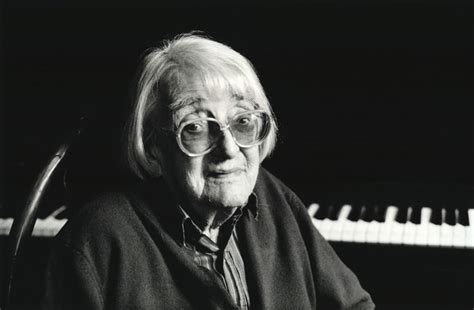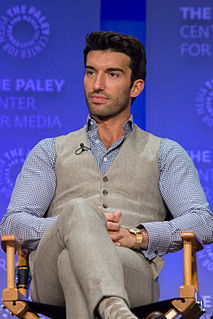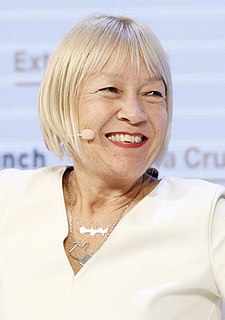A Quote by Rebecca Hall
I think for a long time it seemed like working in an art form and being a feminist meant portraying women in a perfect, angelic light. And there's nothing feminist about that.
Related Quotes
Naturally my stories are about women - I'm a woman. I don't know what the term is for men who write mostly about men. I'm not always sure what is meant by "feminist." In the beginning I used to say, well, of course I'm a feminist. But if it means that I follow a kind of feminist theory, or know anything about it, then I'm not. I think I'm a feminist as far as thinking that the experience of women is important. That is really the basis of feminism.
Naturally, my stories are about women - I'm a woman. I don't know what the term is for men who write mostly about men. I'm not always sure what is meant by 'feminist.' In the beginning, I used to say, 'Well, of course I'm a feminist.' But if it means that I follow a kind of feminist theory, or know anything about it, then I'm not.
A lot of women seem to have a similar attitude, - 'I'm not a feminist' - and it gets wearying. What's wrong with being a feminist? I'm proud to be a feminist. It's been one of the most positive things in my life. It's one of the best traditions there is. It's admirable to be a feminist and to stand up for one's sex, to fight against inequality and injustice and to work for a better society.
I believe I was raised with feminist values, but I don't think I ever heard my Mom call herself a feminist. Before I identified as a feminist myself, I thought of feminism as more of a historical term describing the women's movement in the '70s but didn't know much about what they had done and didn't think it applied to my life at all.
For a lot of women who don't go to college, or for a lot of women who aren't in New York or D.C. or someplace where there's like a large feminist organization they can get involved in, they may be doing feminist work, right, like locally or with a grassroots organization or in their own lives, but if they don't have that support system and if they don't have that availability to feminist language, I think we're missing out on something.
The potential significance of Black feminist thought goes far beyond demonstrating that African-American women can be theorists. Like Black feminist practice, which it reflects and which it seeks to foster, Black feminist thought can create a collective identity among African-American women about the dimensions of a Black women's standpoint. Through the process of rearticulating, Black feminist thought can offer African-American women a different view of ourselves and our worlds
People ask me a lot, 'Well, can you be pro-life and be feminist? Can you be conservative and be feminist?' And I think that, yeah, maybe personally you can be those things. But I think if you're advocating for legislation, or if you're fighting to limit other women's rights, then you can't really call yourself a feminist.
You know, people ask me a lot, well, can you be pro-life and be feminist? Can you be conservative and be feminist? And I think that yeah, maybe personally you can be those things. But I think if you're advocating for legislation, or if you're fighting to limit other women's rights, then you can't really call yourself a feminist.
I was always a feminist. My mother was a feminist; my grandmother was a feminist. I always understood women had to fight very hard to do what they wanted to do in the world - that it wasn't an easy choice. But I think the most important part is that we all want the right to be taken seriously as human beings, and to use our talents without reservation, and that's still not possible for women.
I think people resist feminism because they're scared. I think for women, they're scared of being picked on or of being called out. I hear from a lot of young women, you know, I don't want to call myself a feminist because I don't want to get in an argument with someone. And it's just not cool; like it's not a cool thing to be associated with. There's no benefit to saying that you're a feminist.






























